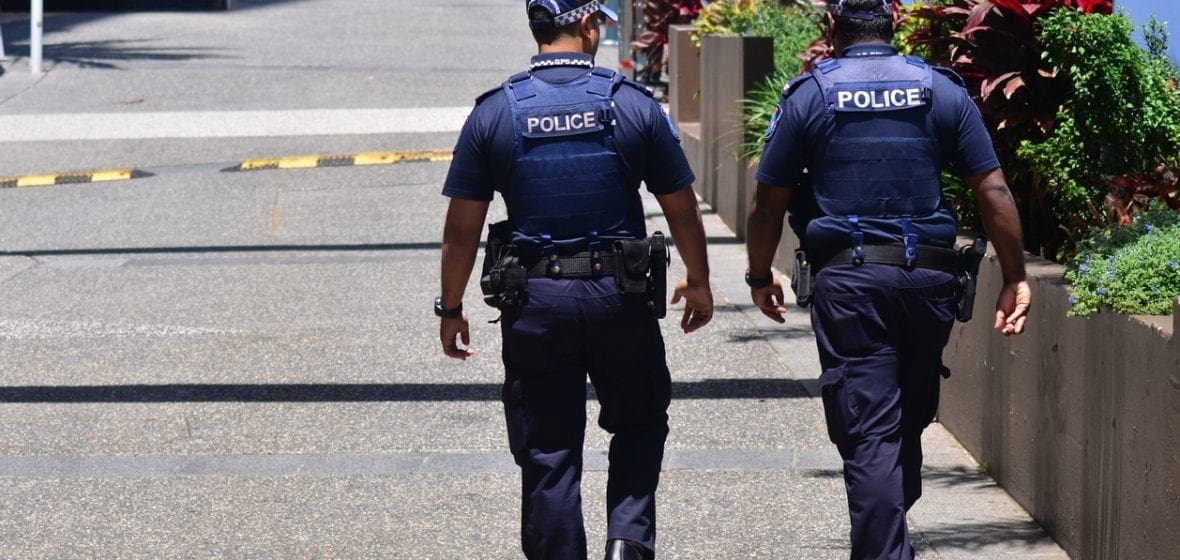Strip searches are the most invasive action police can take without a court warrant.
This week, academics the University of New South Wales have released a report titled ‘Rethinking Strip Searches by NSW Police’. They’ve found that in the last ten years, the number of strip searches has risen dramatically: in 2006 strip searches were used 277 times, but in 2018-19 financial year they were used 5,483 times. In 91% of recorded reasons, police stated they suspected the person possessed prohibited drugs. However, the report argues that the increased strip searches are doing little to tackle serious drug crime.
Police have a broad discretion to conduct searches. Police may conduct a strip search if they have reasonable suspicion to believe that the circumstances are ‘serious and urgent’ enough that a strip search is necessary. So, when empowering police with this power, Parliament intended strip searches to be a last resort. An indication from a drug sniffer dog, when not combined with other factors, such as observation and asking questions, would be insufficient to meet the requirements of a strip search.
What exactly is a strip search?
A general search is when police pat down outer layers of clothing. The police may ask the person to take off their jacket, socks, hat and/or gloves.
Taking off anything more than that is a strip search. If an offer looks down the back of someone’s pants, and down their top, that is a strip search.
Conditions of a strip search:
- During a strip search police are not allowed to search cavities or require someone to ‘squat and cough'. A ‘cavity search’ can only be ordered by a court.
- Police cannot question, intimidate or harass you during that process.
- The strip search must be conducted within a ‘private area’.
- It must be conducted by an officer of the same sex as the person being searched.
- Police must provide information to the person being strip searched, including their name and the police station where they work.
So a ‘squat and cough’ search at a music festival, with many young people in the same room, who are questioned during the process, is unlawful.
Who is being searched?
45% of all recorded strip searches in 2017-18 financial year were of young people, aged under 25 years old. Children under 10 cannot be strip searched. For children aged 10-17, police must obtain guardian consent unless they think the evidence will be destroyed and the search is ‘urgent’. Case studies have indicated this exception for 10-17 years olds is being abused, and children are being stopped by police and being made to stand in their underwear in public places.
10% of strip searches in the field and 22% of strip searches in custody were Aboriginal and Torres Strait Islander people. This is despite Aboriginal and Torres Strait Islander people being less than 4% of the total NSW population. As with other police powers, there is indication the discretion can be used in a discriminatory way.
What does the report recommend?
One of the major issues identified in the report is a lack of accountability by the police. Data is generally not publicly available. Public accountability and transparency about internal rules and policies of the police would decrease the amount of unlawful searches.
The report also recommends changing the law in relation to strip searches to be clearer about when and how police can conduct strip searches. The law should be clear that police cannot ever search genitals or breasts, and strip searches of children in the field (outside a police station) should be prohibited unless there is a court order.
Read the full report here.
If you think you have been strip searched unlawfully, seek immediate legal advice. Please do not hesitate to contact Freedman and Gopalan by calling 8917 8700 or by filling out the enquiry box.

